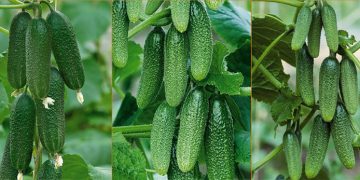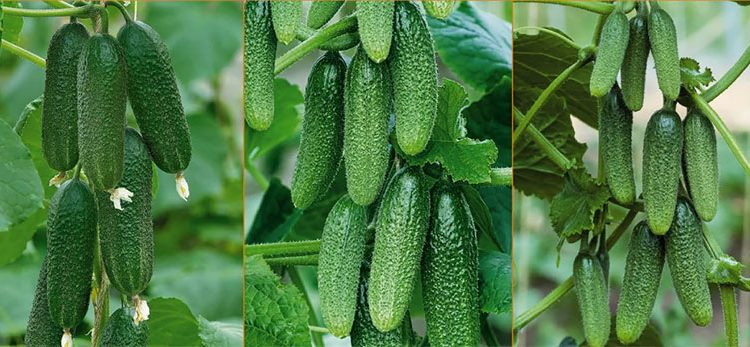Recent data from Eurostat reveals a sharp 79% decline in Russia’s total agricultural exports to the EU in January 2025 compared to the same period in 2024. However, one category defies this trend: fresh cucumbers. Shipments have surged this spring, reaching their highest volume in four years, with Poland emerging as the top EU buyer.
Record Imports Raise Concerns
In March 2025, Poland imported 2,100 metric tons of Russian cucumbers worth €2.7 million—a 2.5-fold increase from February. These imports accounted for 83% of Poland’s total cucumber purchases (€3.25 million), overshadowing suppliers like Turkey, Belarus, and Ukraine. This makes Poland the leading EU importer of Russian cucumbers, a shift that has unsettled local farmers and trade regulators.
Stricter Controls Reveal Labeling Issues
The Polish Food Inspection Authority (PIORIN) has ramped up inspections in response. In Q1 2025, authorities checked 125 batches of Russian cucumbers (totaling 2,000+ tons). While all shipments met safety standards, several cases of incorrect origin labeling were detected—fueling fears of undeclared re-exports to other EU markets.
Why the Sudden Spike?
Experts suggest Russia is redirecting exports to Poland due to:
- Trade barriers in traditional markets (e.g., Ukraine conflict, sanctions).
- Lower production costs in Russian greenhouse operations.
- Loopholes in EU traceability systems, enabling potential re-export under Polish labeling.
A Call for Transparency and Protection
The influx of Russian cucumbers highlights vulnerabilities in EU trade enforcement and supply chain transparency. While Polish inspections have so far prevented unsafe imports, mislabeling risks distorting competition and undermining trust in the bloc’s food safety systems. Policymakers must consider:
- Tighter origin-certification rules.
- Support for EU growers facing unfair price competition.
- Enhanced traceability tech (e.g., blockchain) to prevent fraud.
For now, the trend underscores the need for vigilance—both in trade oversight and in safeguarding the interests of EU farmers and consumers.































